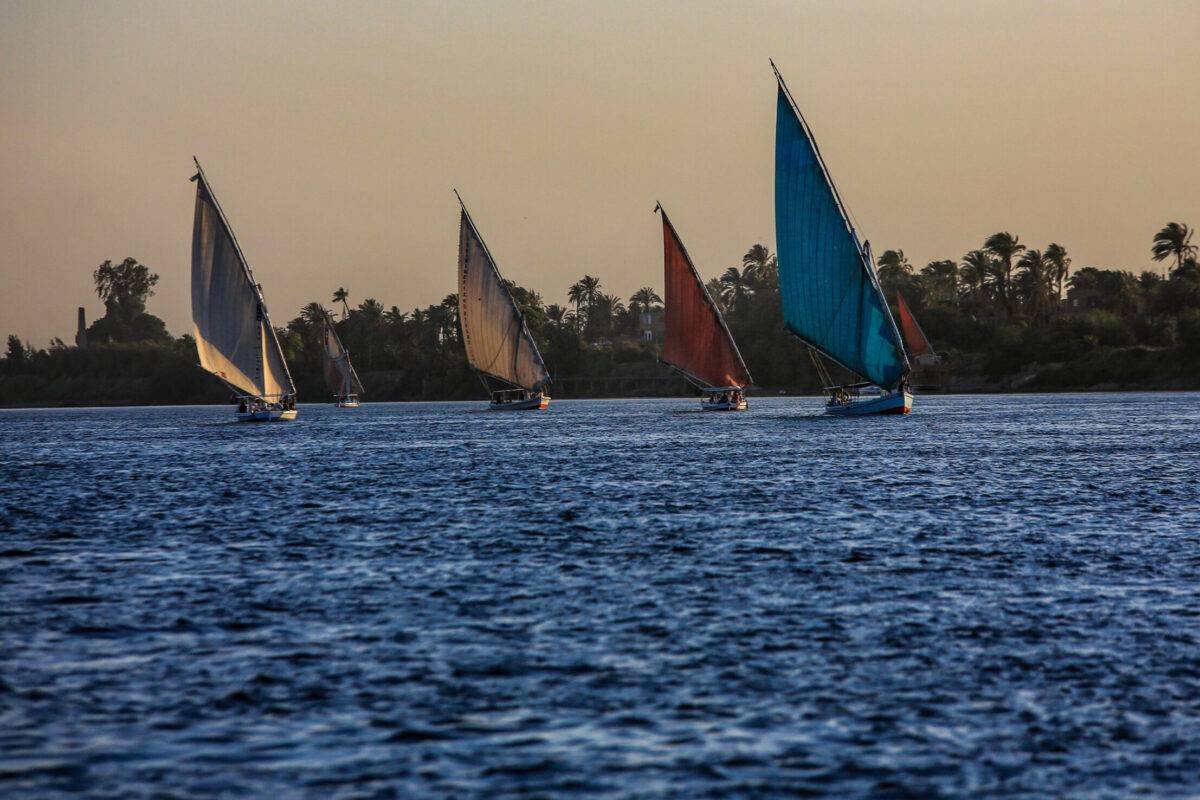Egypt is building an artificial river parallel to the Nile River at a cost of $5.2 billion and as part of its New Delta project.
Authorities say the river will help expand agricultural land and reduce the need to import food and wheat.
The Russian invasion of Ukraine in February last year drove a global surge in wheat prices, leaving Egypt struggling as it is the world's biggest wheat importer.
Russia and Ukraine supplied Egypt with 80 per cent of its wheat imports in 2021.
Authorities have said that water for the artificial river will come from recycled agricultural drainage and groundwater.
Egypt is facing a water scarcity crisis and UNICEF has said that the country will run out of water by 2025.
In October last year, farmers in Egypt raised the alarm that social tensions would rise over the lack of water because of water shortages and climate change.
Yesterday, news circulated that Egypt's annual inflation rate hit a record high in June at 36.8 per cent, as the country continues to grapple with a severe economic crisis.
Egyptians have been grappling with price rises for months and many citizens are struggling to buy basic food products like fruit and meat due to rising inflation.
Activists have criticised the Egyptian government for pouring money into what have become known as vanity projects across the country as the economy continues to spiral.
One of the biggest of these projects is the multi-million-dollar New Administrative Capital being built 50 kilometres from Cairo on a patch of desert.
Even though the government presented the capital as a development that would make Cairo greener, rights groups have said that the waste produced, and the energy and water used, could have been better spent on creating infrastructure to tackle climate change.



This is really interesting, reminds me of that similar project in Libya. Not sure if it'll actually work or not but achieving food self-sufficiency is a really big thing - though far from the only thing - that countries will need to achieve in order to form any kind of resistance to foreign oppression.
Here's an article from the Egypt Independent I found that goes into more detail: